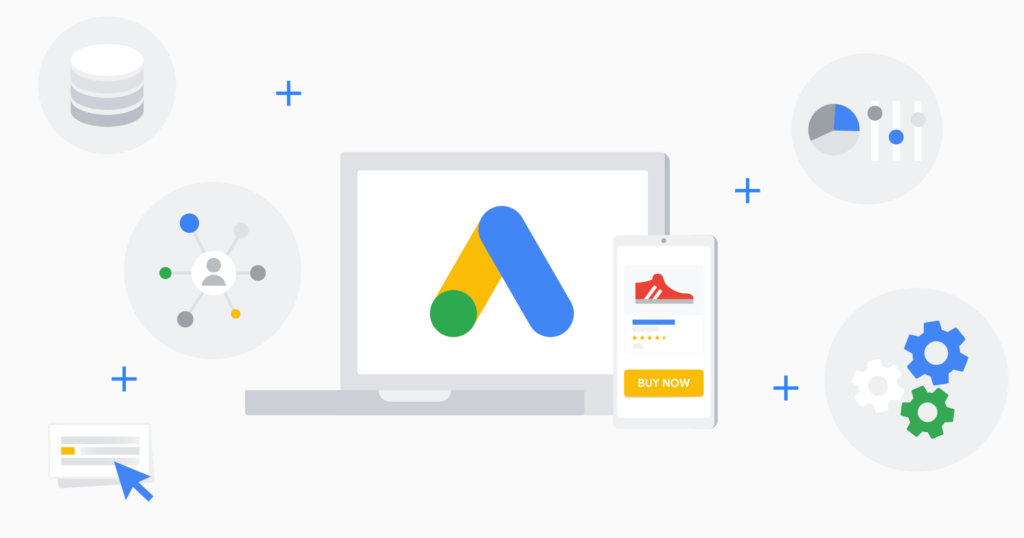
An effective Google Ads campaign can turbocharge your online presence, boosting brand awareness, web traffic, and sales. However, this powerful tool requires masterful budget management to ensure your advertising dollars are well-spent. Understanding the strategies for managing your Google Ads budget will help maximize your return on investment (ROI), bringing you closer to your business goals.
Table of Contents
Understanding Your Objectives and KPIs

Source: hookfish.in
Your campaign objectives and key performance indicators (KPIs) should guide your Google Ads budget. It’s vital to clearly define your goals, whether that’s driving more traffic, increasing conversions, or boosting brand awareness. Your KPIs, such as cost-per-click (CPC), conversion rates, or impression share, will measure your campaign’s performance against these objectives. By continuously tracking your KPIs, you can adapt your finances to optimize performance. Find out more about Google Ads and keywords on 구글 상위 노출.
Embrace the Power of Google’s Smart Bidding
Google’s Smart Bidding uses machine learning to optimize bids for every auction. It automatically adjusts your bids based on the likelihood of a click leading to a conversion. While it might be tempting to manually control every aspect of your bids, Smart Bidding can often deliver better results with less time investment, freeing you to focus on other aspects of your campaign.
Regular Monitoring and Adjustments

Source: raidboxes.io
Your Google Ads budget is not a set-and-forget aspect of your campaign. Regular monitoring can help you identify trends and make necessary adjustments. Watch for changes in cost-per-conversion or fluctuations in the competitiveness of keywords. An adaptive approach to management allows you to reallocate resources, ensuring you’re getting the most value for your advertising spend.
Using Negative Keywords to Refine Traffic
Negative keywords are a powerful tool for refining your campaign and stretching your budget. By specifying keywords you don’t want your ads to appear for, you can avoid wasting money on irrelevant clicks. This strategy narrows down your audience to users most likely to be interested in your products or services, increasing the efficiency of your ad spend.
Seasonality and Market Trends
Understanding the seasonality of your business and staying current with market trends can dramatically impact your budget allocation. Seasonal fluctuations can drastically affect the costs and competitiveness of keywords. By forecasting these trends and adjusting your finances accordingly, you can maximize your ROI during peak periods and conserve your money during slower times.
Implementing Ad Scheduling
Ad scheduling allows you to control when your ads are displayed. If your analysis shows certain days or times yield better results, allocate more of your budget during these periods. This strategy ensures your ads are live when your audience is most likely to convert, optimizing your budget for maximum impact.
Final Thoughts

Source: woocommerce.com
Mastering your Google Ads budget is an ongoing process of evaluation and adjustment. It requires understanding your objectives, leveraging Google’s tools, refining your audience, and staying attuned to trends and timings. Regular monitoring and data analysis are crucial to ensure your budgeting is working hard for you.
Remember, the ultimate goal is not to minimize spend but to maximize ROI. Sometimes, spending a little more can lead to significantly improved results. Adopt these strategies, and you’ll be well on your way to mastering your Google Ads budget, making every dollar count, and driving your business forward.








